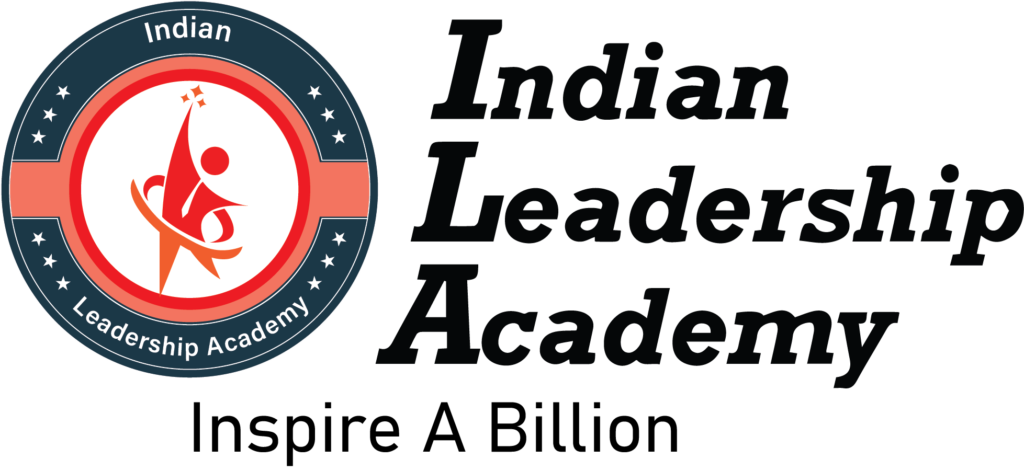Cross culture programs
Cross Culture Programs
In this exponentially growing and ever expanding corporate industry, companies are no longer limited to a particular region, state or nationality. Teams in companies consist of employees from various languages, races and nationality. This diversity being an advantage can also pose some challenges. To overcome these challenges, we at Indian Leadership Academy have designed workshops which would help organizations function smoothly and bring with the highest level of productivity.
The main modules of our cross-cultural programs are:-
- Cultural intelligence:- Dutch psychologist Geert Hofstadter says, “culture is the collective programming of the mind”. This module deals with various strategies as to how individuals can adapt to fit in the team and be satisfied.
- The four main dimensions of cultural intelligence are:-
- Cultural Drive:- This indicates the degree to which a person derives enjoyment from culturally diverse situations.
- Cultural knowledge:- This is the logical dimension of cultural intelligence, referring to knowledge about culture. Cultural knowledge has a huge role in shaping interactions and work.
- Cultural strategy:- After understanding the cultural drives and gaining cultural knowledge the next step involves devising strategies to overcome cultural differences.
- Cultural actions:- This is the final step. In this step the cultural strategies are implemented.
- Cultural Leadership:- Leaders are the backbone of any organization. They are visionaries who take the responsibilities of organizations and their teammates. Though the roles of the leader remain the same, the perception of how a leader should differ from culture to culture.
- Quoting a few cases:-
- USA:- Leaders are supposed to be passionate and it’s considered acceptable to display emotions.
- Japan/ China:- Expressing your emotions is considered as a sign of “lack of emotional control”. Leaders are expected to suppress their emotional responses.
- Middle East:- Leaders are considered to be peacemakers and the diplomats.
- France:- Leaders are supposed to be authoritarian figures who have to make all the decisions.
Based on extensive research we at Indian Leadership Academy provide modules according to individual requirements.
- Cultural Reconciliation:- Different cultures have different meanings for the same symbols. A handshake to an American is a sign of greeting but to a person from a different culture, it might mean something really offensive. In these situations, team members should reconcile and adapt to their surroundings.
- There are mainly three steps.
- Understanding the diversity:- Specials tools are provided to understand the diversity and symbolic meaning spanning across different cultures.
- Reconciling cultural dilemmas:- This involves clear cut guidance on how to empathize and accept other cultures, though it might be a little challenging initially.
- Design and implementation of strategies:- Cultural reconciliation is a challenging task. However, in our current module, tools are techniques are provided to design and implement techniques for effective cultural reconciliation.

